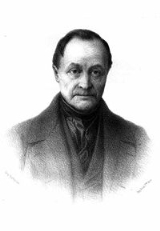jjohnn
1.) In the "Source of Power in Organizations" chapter from Power in Organizations, Pfeffer's theory was that those subunits (eg. Finance, Sales,etc.) that were best able to solve the organization's critical external dependencies would be the ones to get power.
(a) Pfeffer was skeptical about "social constructionist" approaches to the question who got power, which he equated with "soft skills" - individual charisma, personal persuasiveness and speaking ability. Explain why he was skeptical of "soft skills"
(b) Fligstein's implicit criticism of Pfeffer, in turn, reintroduced a social constructionist element to the explanation of what subunits get the power in an organization. Explain Fligstein's critique of Pfeffer. Discuss Fligstein's alternative conception of what a social constructionist argument entails.
(a) Pfeffer was skeptical about "social constructionist" approaches to the question who got power, which he equated with "soft skills" - individual charisma, personal persuasiveness and speaking ability. Explain why he was skeptical of "soft skills"
(b) Fligstein's implicit criticism of Pfeffer, in turn, reintroduced a social constructionist element to the explanation of what subunits get the power in an organization. Explain Fligstein's critique of Pfeffer. Discuss Fligstein's alternative conception of what a social constructionist argument entails.


